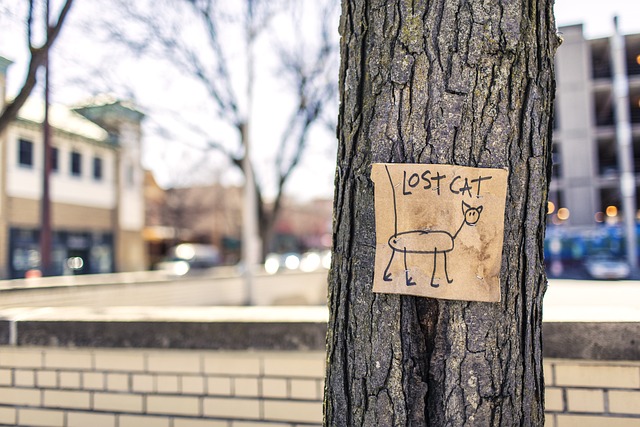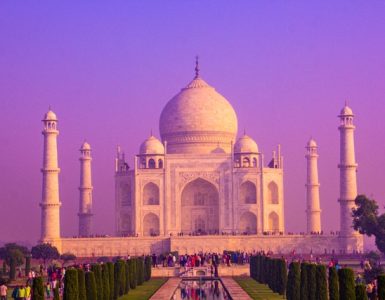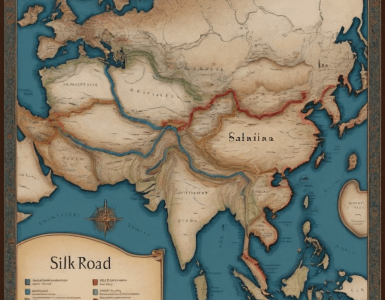One such civilization is the Indus Valley, a name that echoes with intrigue. Spanning modern-day Pakistan and India, this ancient society was ahead of its time, boasting sophisticated urban planning and advanced drainage systems. Yet, despite their advancements, they vanished without a trace. What happened to them? Is it a tale of environmental disaster, or perhaps an invasion that led to their decline?
Then there’s the allure of Atlantis. This mythic island, described by Plato, captures our imagination like a siren’s song. A utopian society, supposedly rich in resources, met its doom in a cataclysmic event. Was it merely a fable, a metaphor for human ambition? Or did this sunken paradise exist somewhere in the vast ocean, waiting to be rediscovered?

And, of course, we can’t forget the Mayans. Known for their spectacular achievements in mathematics and astronomy, they suddenly exited the stage of history. Their majestic temples now stand as silent witnesses to a civilization that flourished and then, like a gust of wind, seemingly vanished. Did drought drive them from their homes, or was it warfare that sealed their fate?
These civilizations probe our imaginations, urging us to seek out the truths behind their enigmatic endings. As we explore their legacies, we can’t help but wonder: what secrets still lie beneath the sands of time, waiting for curious minds to uncover them?
Ancient Societies That Vanished Without a Trace
Consider the Indus Valley civilization, which flourished around 2500 BCE. With advanced urban planning and a sophisticated sewage system, their cities were marvels of engineering. Yet, mysteriously, they disappeared, leaving behind intriguing artifacts and questions that historians still struggle to answer. Did a climate shift push them away, or was it an invasion that sent them scurrying?
Then there’s the sight of the Minoans, who danced around the Aegean Sea, reveling in art and commerce. But one fateful day, a volcanic eruption on Santorini disrupted everything. Their palaces were left abandoned, shrouded in ash and silence. It’s like the universe hit the ‘pause’ button on their thriving world. Imagine finding a scrapbook filled with vibrant memories, only to realize the pages are now blank—what a heart-wrenching thought!
And let’s not forget the ancient city of Cahokia, which once dominated the American Midwest. This urban center boasted massive earthen mounds and an intricate network of trade and agriculture. Yet, around the 14th century, it succumbed to overpopulation, resource depletion, or perhaps even conflict. Picture a bustling marketplace turned ghost town, where the goods remain untouched, as if time itself forgot to carry on.
Theories About Their Disappearance
One popular theory suggests that environmental changes, like shifts in climate or natural disasters, played a significant role. Picture a thriving community living in harmony with nature, only to face a devastating drought or volcanic eruption. It’s like watching a once-vibrant painting fade into nothingness—stark and haunting.
Another angle to consider is conflict. Throughout history, cultures have clashed, and some fell victim to invasions or internal strife. Think of it like a game of survival, where the stakes are life and death. You could have a thriving society that suddenly finds itself at the mercy of a stronger force, leading to rapid disintegration.
Then, there’s the theory of migration. It’s not uncommon for people to seek better opportunities elsewhere. Imagine being part of a community that faces hardship; wouldn’t you pack your bags and head for greener pastures? Sometimes, entire groups simply pull up stakes and move on, leaving behind empty homes and unanswered questions.
Finally, some even dive into the mystical realm, positing that supernatural forces might have been at play. Whether it’s ancient curses or aliens sweeping in, these ideas make for thrilling tales.
In the end, the allure of these disappearances lies in their mystery—a haunting reminder of how fragile existence can be. What we know is just the tip of the iceberg, and every theory opens a new door to endless possibilities.
























Add comment